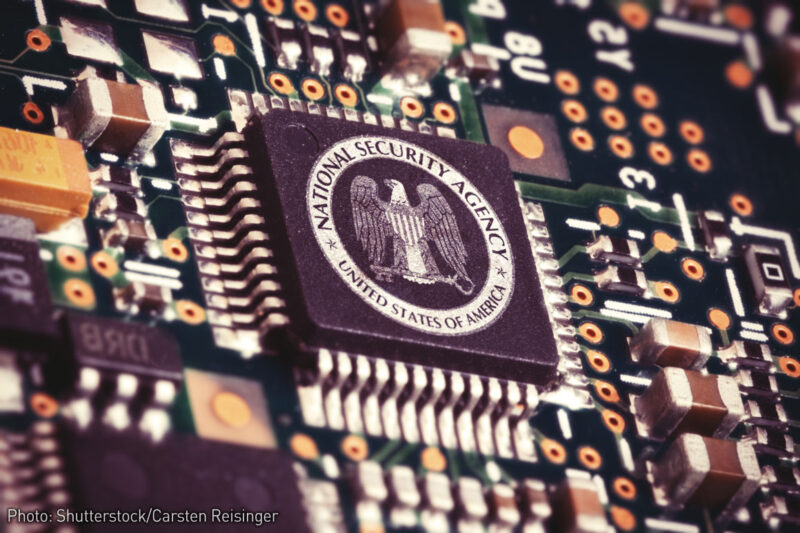NSA, Unplugged: The Government Finally Stopped Vacuuming Up Our Phone Records


Late Saturday night, something extraordinary happened: The NSA stopped forcing U.S. telecommunications companies to hand over the phone records of millions of innocent Americans in bulk.
It did not do so voluntarily, and it did not do so without a fight. It took a courageous whistleblower to first expose the NSA’s domestic spying operation, and then a hard-fought legislative battle, spurred on by a timely federal appeals court decision, to end the NSA’s phone-records program. But now, for the first time in nearly 15 years, Americans are free from the bulk collection of their phone records under this program.
The NSA had been collecting our records in bulk since shortly after the attacks of September 11, 2001. At first, it based this program — like many of the Bush administration’s national security excesses — on a naked assertion of presidential power. In 2006, it moved the program under Section 215 of the Patriot Act, overseen by the secretive Foreign Intelligence Surveillance Court. And in 2013, the public learned of the program for the first time, when Edward Snowden revealed the program to the press.
Every American should celebrate the end of this overreaching surveillance program. It was illegal from the moment it started, and it amounted to the very sort of indiscriminate search and seizure of private information that our founders fought a revolution to end. And it hasn’t made us any safer. In fact, two separate governmental review groups concluded that it hasn’t directly contributed to stopping even a single terrorist attack.
Perhaps even more importantly, the end of this particular bulk-collection program represents a triumph over fear. Since 9/11, politicians have exploited the tragic attacks on our soil to deepen governmental intrusions into our lives and to restrict the freedoms guaranteed by the Constitution. At the same time, federal courts have largely turned a blind eye to post-9/11 illegalities.
Those same branches of government joined forces, however, to bring an end to the NSA’s phone-records program. Not long after the program was revealed on June 5, 2013, two critical things occurred: On June 11, 2013, the ACLU filed a lawsuit challenging the legality of the program, and several months later the House of Representatives introduced the USA Freedom Act of 2013, a bill designed to halt large-scale surveillance under the Patriot Act (including the phone-records program), to increase transparency, and to start to reform the FISC.
These two fights — one legal and one legislative — lasted nearly two years. Then, on the eve of the June 1, 2015, expiration of Section 215 of the Patriot Act, both fights picked up pace.
On May 7, 2015, a federal appeals court issued a landmark decision in our lawsuit challenging the phone-records program, holding that the program was illegal because Congress never intended to authorize bulk collection under Section 215 of the Patriot Act. Just a few weeks later, Republicans and Democrats worked together to block an attempt to reauthorize Section 215 and to allow the phone-records program to continue.
These two victories paved the way for passage of the final version of the USA Freedom Act, signed by President Obama on June 2, 2015. That version, though weaker than the original, is now fully in effect and requires the NSA to seek narrower court orders before it may obtain phone records or other data in terrorism investigations.
This historic victory represents the first time that Congress has scaled back the NSA’s surveillance of Americans since 1978.
It would be a grave mistake, however, to think that the job is done. Though historic, the USA Freedom Act reformed only a small portion of the NSA’s overreaching surveillance. At this very moment, the NSA continues to collect an extraordinary amount of information, about Americans and foreigners alike, in bulk. It does so under other legal authorities, like Section 702 of the FISA and Executive Order 12333, that Congress and the courts have yet to rein in.
Today we should all celebrate the end to one of the most overreaching domestic surveillance programs ever revealed. Tomorrow, however, we’ll carry on the fight to reform the other authorities the NSA still uses to spy on countless innocent people.

